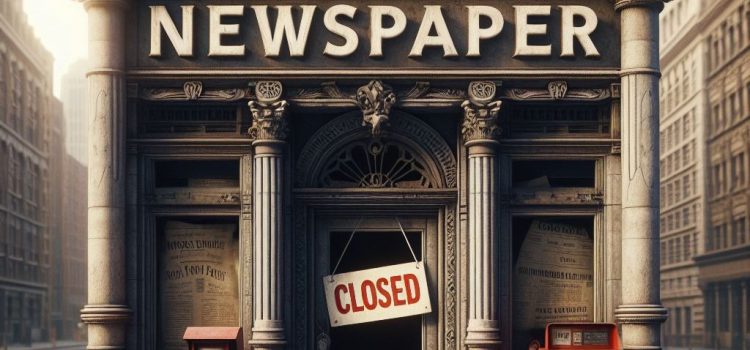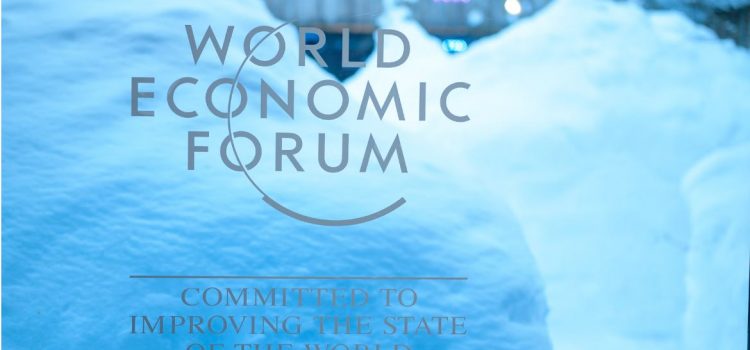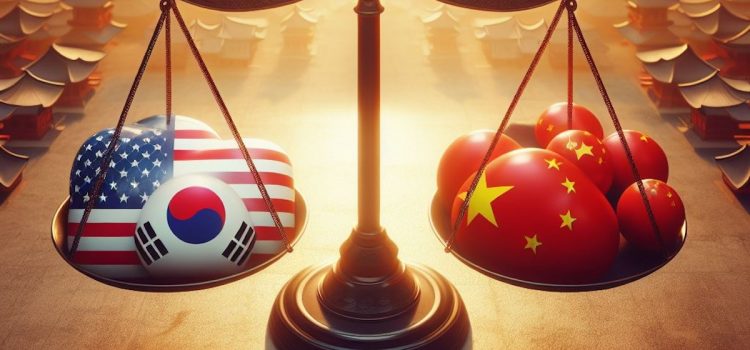What was New Imperialism? Whom did it benefit, and how? In A People’s History of the United States, historian Howard Zinn discusses how and why the US became an empire in the chapter “The Empire and the People.” He argues that this “New Imperialism” accomplished the goals of the elites. Keep reading to understand Zinn’s argument.
The Empire and the People: Howard Zinn on New Imperialism










